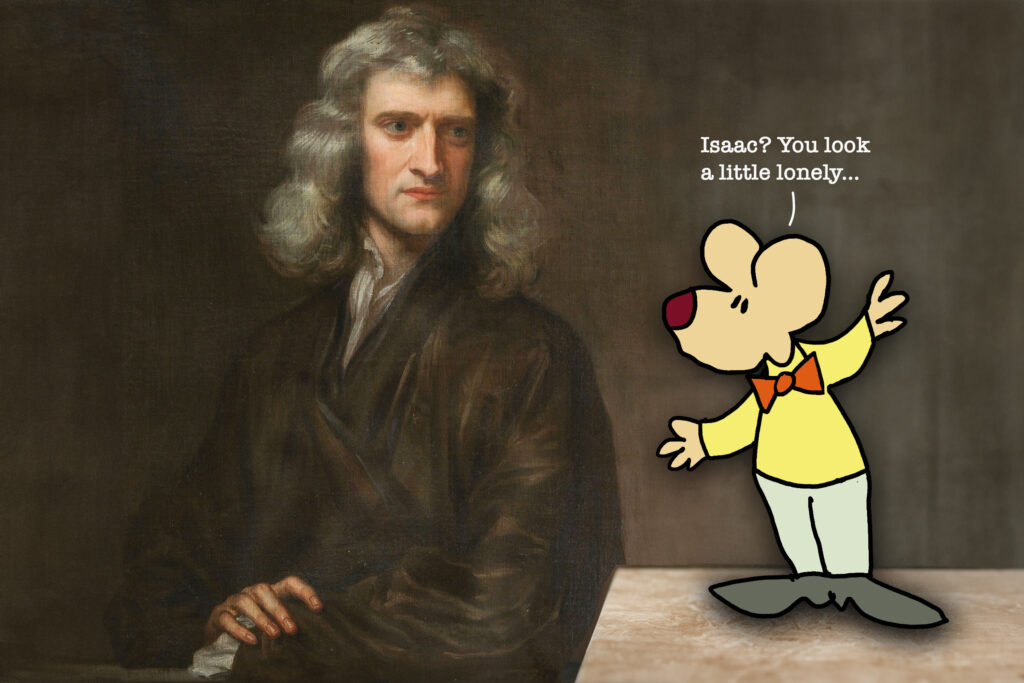There are all types of people in this world. We’re different. We weren’t meant to all be the same.
I am not fond of people who try to make all of us follow the same paths. It just wasn’t meant to happen that way.
And with that, I bring you a story about asexual people from history.
To clarify, an asexual person is someone who has no sexual feelings or desires. They do not feel sexual attraction to anyone. Nowhere. Nohow.
Awareness of asexuality has been rising in recent years. But let me assure you. This sexual orientation is nothing new. Asexual historical figures include philosophers, composers, artists, and writers. Famous asexual people in history often never married or had mostly sexless unions.
In no particular order.
Emily Bronte
Emily Bronte, the author of Wuthering Heights, was a very private person, and as such, it’s impossible to be entirely certain of her sexual orientation. Some Bronte scholars believe she perished a virgin, never having had physical relationships with men or women.
Most Bronte scholars think that the content of her novels suggests that while she may have been asexual, she was not aromantic. I’m not entirely sure how you distinguish the two here. I suppose you can be in love with someone without wanting to have sex.
J.M. Barrie
J.M. Barrie, the man who wrote Peter Pan, was reportedly asexual. His marriage (to Mary Ansell) was never consummated and ended in divorce. She cheated on him, most likely because she wasn’t having much luck at home.
Anyway. He had this “sketchy” relationship with his neighbors’ children. Because of this, and the subject matter of his books, some historians have speculated Barrie was prone to pedophilia. Those who knew him closely absolutely denied Barrie ever exhibited such behavior. Instead, his lack of sexual relationships was more likely due to his asexuality.
George Bernard Shaw
Renowned playwright George Bernard Shaw was far more interested in intellectual pursuits than sexuality. He never consummated his marriage. Apparently, this was mutual, as his wife, Charlotte Frances Payne-Townshend, requested the same thing. Shaw, the writer of Pygmalion, was a virgin until age 29. I’m not sure who broke that barrier with him.
Isaac Newton
Isaac Newton is one of my favorite people in history. Smart, smart man. Anyway, his supposed asexuality is based on his recorded behavior and lifestyle. He had strict religious views. He never married. And more than anything, he was obsessive in his scientific career and supposedly perished a virgin.
Florence Nightingale
The nurse of nursing. Florence Nightingale never married. Instead chose to devote her life entirely to her work, caring for the sick and injured.
I should mention here the thing called “The Florence Nightingale Effect.” This is a situation where a caregiver develops an attraction to the patient they are caring for. I’m not sure if this ever happened with Flo, but her life history shows that she never hooked up with anyone. Or so they say.
Frederic Chopin
I do love his music. But Frederic Chopin, a famed composer, and pianist, is supposed to also have been asexual. While he lived with writer George Sand, she noted in her biography that their connection was affectionate without being sexual. Many scholars believe the famed composer lacked sexual desire altogether.
So there we see a few folks in history who were asexual. And what a talented list this is. Scholars estimate only 1% of the population is asexual. But even though their numbers are small, this doesn’t make them lesser people. These days, we need to realize that people are different. And as for the heated debate over our children in our schools? I think kids should feel they have a safe place to be themselves, whoever they might be. If you make them fearful of being themselves at school? They will resist that place which means they will resist learning. And that is a shame.
“”””””””””””””””””
If a man is not faithful to his own individuality, he cannot be loyal to anything.
— Claude McKay
“”””””””””””””””””
We all want to be normal, but it’s relative to individuality. My normal is not your normal.
— Dominique Jackson
“”””””””””””””””””
The first step toward change is awareness. The second step is acceptance.
— Nathaniel Branden
“”””””””””””””””””
Asexual. There they were. And are.
